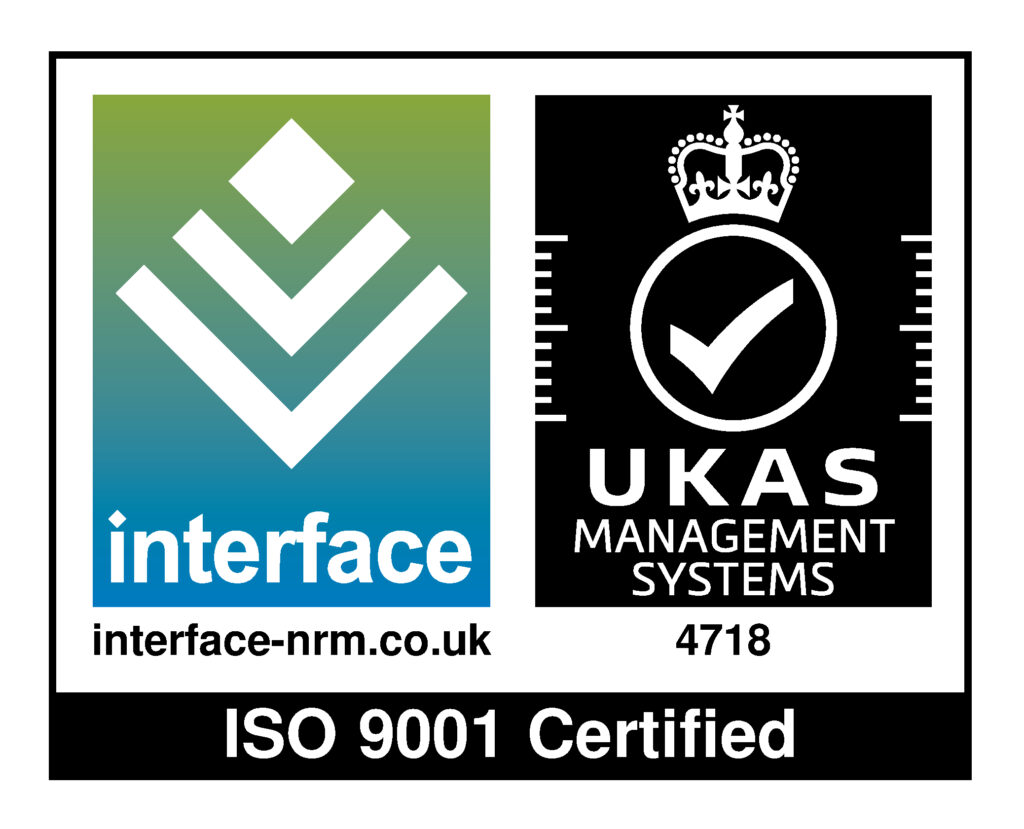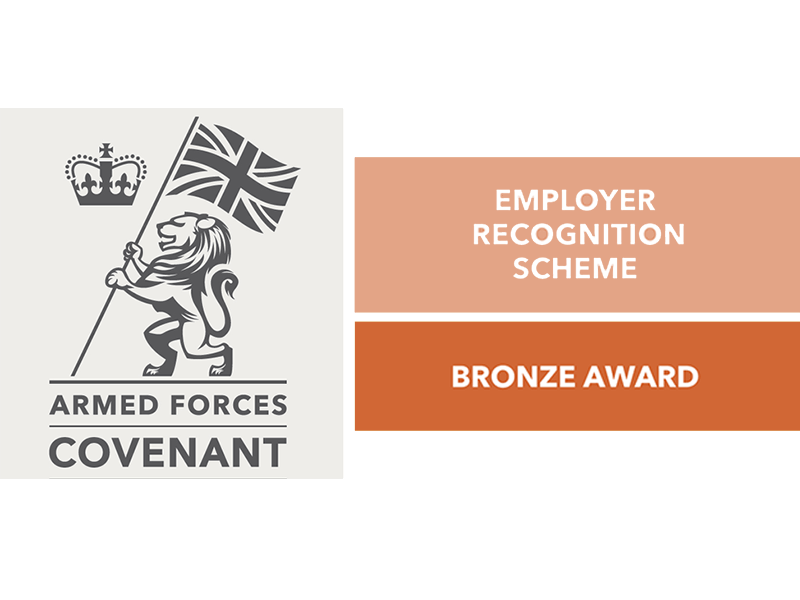Pandemic-fueled innovation: an overview of recent drone delivery breakthroughs
We’ve written previously about how the pandemic has accelerated the development of drone solutions for contact-free delivery, surveillance, enforcement, and hygiene applications.
We’ve gone so far as to suggest that progress in drone medical delivery solutions might be quickly followed by progress in retail delivery solutions. Over the past several weeks, we’ve seem to be seeing this play out, with multiple major retailers reaching new milestones in their drone delivery programs and an uptick in public support for drone delivery.
In this article, I’ll summarize these exciting developments.
An uptick in demand and regulatory cooperation
Before COVID-19, the research firm MarketsandMarkets estimated that drone delivery (both air and ground-based) would generate revenue of around $800M in 2020.
More recently, the firm has updated those estimates to $1 billion and has revised its forecast for 2022 from $1.6 to $2.2 billion. According to the Economist, many other analysts agree with these estimates.
On top of this, regulators have been more flexible than ever in granting exemptions and authorizations for drone delivery programs. For instance, in Canada, authorities have given authorization to a coalition of companies who are using drones to safely supply the remote Beausoleil First Nation and other First Nations.
Similarly, in April, the U.S. Federal Aviation Administration granted exemptions to its commercial drone prohibitions to 30 companies. And in March, the UK, government allocated millions to support the development of drone delivery solutions that would serve the Isle of Wight during the pandemic.
Moving past these general trends, let’s take a look at some “success stories” about global leaders in retail that seem to be accelerating their delivery programs during these challenging times.
Amazon
On Aug. 29, Amazon finally received federal approval to operate its fleet of Prime Air delivery drones. According to the FAA, the approval will give Amazon broad privileges to “safely and efficiently deliver packages to customers.”
While the Prime Air fleet isn’t ready to immediately deploy drone deliveries at scale, representatives say that it is actively flying and testing the technology.
Walmart
On Sept. 9, Walmart launched a pilot project which will focus on delivering select grocery and household essential items from Walmart stores using the Israeli firm Flytrex’s automated drones in Fayetteville, N.C.
Representatives at the world’s biggest retailer have been tight-lipped on details of the program, so it’s not clear how many drones are involved in the pilot and what checks (if any) customers need to make before receiving a delivery.
That said, Flyrex boasts that its delivery drones are the optimal solution for suburb environments, so it would follow that remote customers or city-dwellers might not be the best candidates to test the service at this stage of development.
While this type of delivery solution has been tested since 2015, and thus cannot be fully attributed to the pandemic, there are a few use cases that Walmart seems to have launched directly in response to COVID-19.
On Sept. 22, Walmart announced a partnership with Quest Diagnostics and DroneUp, whereby it would perform deliveries of COVID-19 test collection kits in North Las Vegas (in September) and Cheektowaga, New York (in early October.)
The program will serve eligible patients who live in a single-family residence within a 1-mile radius of the designated Supercenters in North Las Vegas and Cheektowaga. And given that Walmart owns the UK supermarket chain Asda, it has been suggested that the solutions could expand to the UK.
Beyond that, according to Tom Ward, Walmart’s senior vice president of consumer products, Walmart hopes that drone delivery of self-collection kits “will shape contactless testing capabilities on a larger scale and continue to bolster the innovative ways Walmart plans to use drone delivery in the future.”
Walgreens and Wing
Walgreens and Wing, (owned by Alphabet, Google’s parent company), have been partnering since September 2019 to test “store to door” delivery of products via drone.
As part of this partnership, Wing has been delivering “health and wellness, food and beverage and convenience items” to Walgreens customers in Christiansburg, Va.
Once the pandemic hit, the company expanded their offering to meet the residents’ mounting needs. Their offerings now include more kid-friendly products like crayons, markers and games; food staples such as pasta, canned soup and mac and cheese; and household cleaning supplies such as facial tissue and, you guessed it, toilet paper.
For Christiansburg residents, the drone delivery service had already been a novelty, but many families reported that once the pandemic hit, it became a source of entertainment, inspiration, and distraction for antsy kids and worried parents alike.
Some families reported ordering a weekly lunch from Walgreens, and others said they ordered things they didn’t really need simply for an excuse to watch a drone come to their house.
Anecdotes aside, Wing reports that its drone delivery orders in Virginia and Australia rose precipitously when stay-at-home orders were put in place in March and April. Since Wing has been met with privacy concerns and noise complaints by certain residents in Canberra, Australia, one of its first test sites, the rapid increase in demand suggests that the company is finally winning the public over there.
Tesco and Manna Aero
Meanwhile Tesco, the UK’s biggest retailer, is working with Manna, a drone delivery startup based in Dublin, Ireland, to kick off a six-month drone delivery trial starting in October .
The trial will consist of delivering “small baskets” of essentials from its Oranmore store in Co Galway, Ireland, where Manna has a license to operate. Ultimately, Tesco representatives claim that the aim is to develop the capability of delivering these small baskets to customers within 30 minutes to an hour of ordering, a capability which the company thinks will expand their reach to include potential customers for whom getting to the store is inconvenient or difficult.
Manna, for its part, had planned a takeaway food delivery trial in March but changed its focus to medicines during the coronavirus pandemic. Since April, it has been working with the Health Service Executive to deliver medicines and other essential supplies to vulnerable people in the small rural town of Moneygall.
The Path Forward
There are two key mechanisms through which the pandemic seems to be accelerating the development and deployment of drone delivery solutions.
First, because the pandemic has made contactless delivery a necessity, not just a nice-to-have feature, it is leading to the resolution (or at least temporary suspension) of technical and regulatory blockers to progress.
Second, the pandemic is providing a fantastic PR opportunity to retailers that want to promote their drone delivery solutions and develop goodwill with the public.
By accelerating the development and social acceptance of drone delivery services, the pandemic seems to be helping retailers, regulators, and drone solutions providers to kick drone delivery up a notch.
Hopefully, they can maintain momentum once the pandemic is over.

Miriam Hinthorn - Contributing Author
Miriam Hinthorn is an experienced management professional who is currently pursuing her master’s in Data, Economics, and Development Policy at MIT while serving as principal consultant at Consult92.
Miriam developed a love for UAS technology when she served as operations manager at Consortiq. Today, having completed over 30 successful projects in 10 countries, she loves solving a wide variety of logistical, technical, and cultural challenges for her clients so that they can focus on what care about most.


